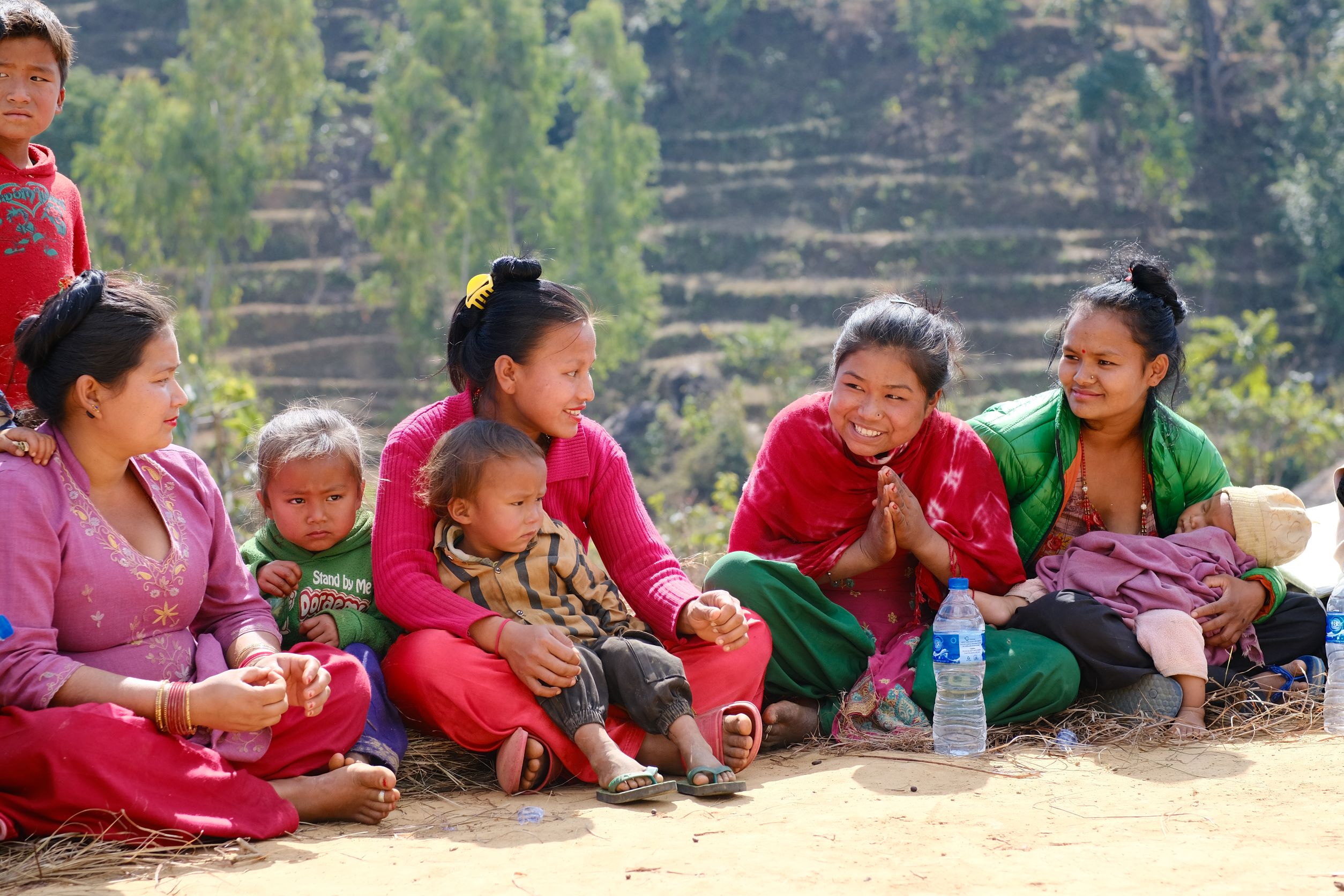
- Garima Bista
Equal Share of Ideas: Importance of Women in Policy Making
In February 2022, I got the opportunity to visit Raksirang Rural Municipality of Makwanpur District to work on a research project. Project WE: Women’s Representation in Policy-Making in Nepal was a 6-month-long project that aimed to identify the gaps within various acts, laws, and policies and to build a bridge between the deprived women of marginalized communities and policymakers, enhancing the capacity of women in the decision-making process.
As the research aimed to uncover the gaps and implementation challenges faced by the marginalized women, particularly the Chepang women, we conducted focus group discussions with the local women of the respective Rural Municipality.
While I did have a general idea of what I should expect in the upcoming discussions, the conversations that I was able to carry with the female households of that community made me truly understand their way of living. However, everyone had their tales to tell, and the issues and problems most women of those three places shared were almost identical.
From having little to no property under their names to getting very little say in the house, the women in the discussion were open about their challenges and struggles. On top of belonging to the second most backward and economically marginalized community of Nepal, the women of this community are prone to face double discrimination, finding themselves at the intersection of caste and gender.
Upon further discussion, one of the major problems that the team was able to identify was the lack of adequate knowledge of the female population in regards to laws and policies, as well as their unwillingness to participate in any empowering activities. With very little to no education, most do not understand the ongoing policies and programs oriented toward women's empowerment.
Although Nepal prides itself on having the most progressive policies for women empowerment in South Asia, it still has a long way to go to reach gender equality. The patriarchy has yet managed to control the productivity as well as the mobility of the women folks.
In order to ensure a better and more sustainable future for all, it is critical to accelerate transformational progress by strengthening policies, organizations, and youth networks to promote and protect these issues by building resilient societies where women can lead in ensuring a sustainable future.

